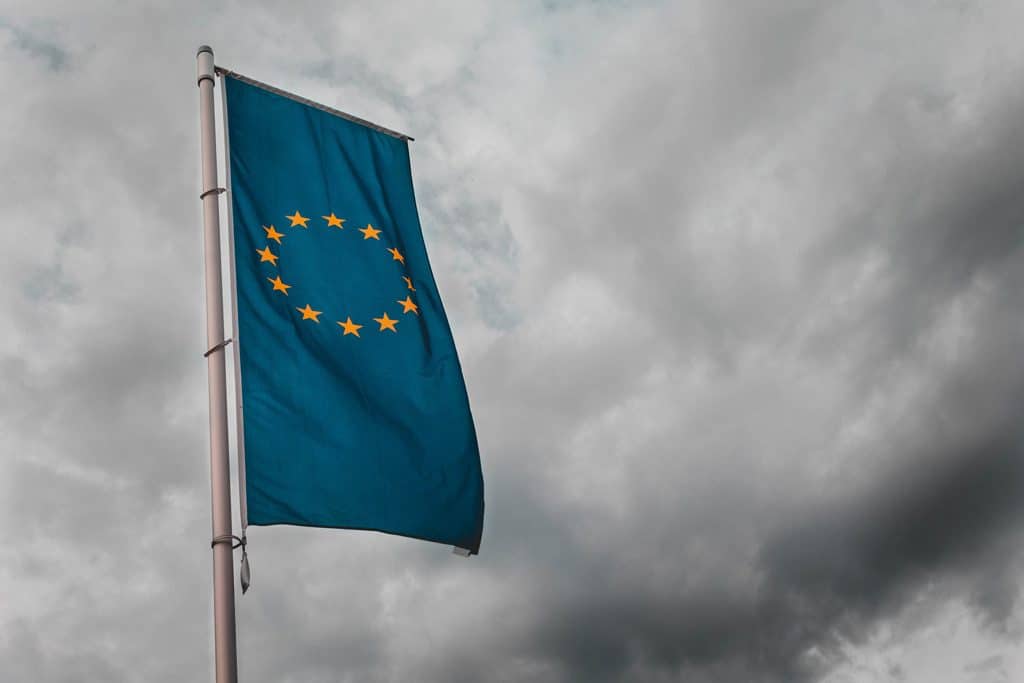Marc Coleman, economist and founder of Octavian Consulting, discusses the implications of the incoming German EU Council Presidency
At a time of crisis, political coordination matters. The fact that the head of Government of the incoming EU Presidency nation (Angela Merkel) and the President of the EU Commission (Ursula von der Leyen) both hail from the same country and political party could not be better timed as the EU prepares to grapple with the economic fallout of Covid-19. That the country in question is also Europe’s powerhouse economy, Germany, is of added importance for several reasons:
Having made over 24 per cent of German GDP available to small and medium sized business funding in response to the crisis, Germany has shown that it understands the central role of SMEs in reviving Europe’s economy. As the European Council (see below) addresses, Germany’s government straddles the political spectrum from centre left to centre right. This creates the channels for deal making in the EU parliament and in the EU Commission where the centre left and centre right political groupings still make up one half of representation.
Germany is also the country with the strongest political representation from the Green party. The growing emphasis on sustainability as a key pillar of recovery will follow as the German Government strives to be as climate virtuous as its main opposition party. The EU Green Deal – an initiative to promote greater sustainability in financial investment – is a case in point and is the subject of a webinar hosted by the German Irish Chamber this week. Last but not least, Germany is the seat of a serious constitutional challenge to bond purchases by the European Central Bank. Enabling the ECB to take more decisive action to mitigate recession will require testing its legal mandate like never before.
Legal opposition to such action must of course be heard and respected. But with two representatives of Germany’s centre right party holding the two most important positions in the EU, it will at least be harder for opponents of ECB action to make political capital as a result. Only Nixon can go to China. Only German Christian Democrats can oversee the ECB being given the firepower it needs to fight this crisis. Last week on 19th June EU leaders discussed the EU budget and recovery and European Council President Charles Michel has committed to tabling a proposal before a real/physical meeting of the Council due to take place in mid-July.
As reported in our briefing some weeks ago, the Council met on 23 April and agreed to work towards establishing a recovery fund to respond to the Covid-19 crisis. The EU Commission was tasked with coming up with a proposal urgently which would clarify the link between the fund and the EU’s long-term budget, which is currently restricted in size, and the growing need for intervention. Any serious solution will accentuate issues relating to the ECB’s mandate.
Germany’s prominence in the next six months is also good for Ireland in a different way: Last week Mr. Michel also brief leaders about discussions with UK Prime Minister Boris Johnson. The UK has decided not to seek an extension of the deadline for negotiations to conclude an agreement, putting more time pressure to resolve outstanding issues and raising the stakes of a “No Deal” Brexit for Irish exporters. Germany is more than just a steadfast ally in negotiations with the UK: For exporters on whom tens of thousands of jobs depend in an economy already stressed by Covid-19, Gemany’s 81 million consumers are a ready market, particularly for Ireland’s Green brand of food and fish exports.
Germany also carries clout on the world stage. A clout that, right now, the EU needs. On Monday 22nd June EU Commission President met with Chinese Prime Minister Li Keqiang and Chinese President Xi Jinping. Despite increased tension between the EU and China in recent years, the increasing inter-reliance on EU and Chinese economies was noted. Differing values and political systems have put a strain on EU-Chinese relations, in particular recent measures introduced by Beijing in Hong Kong. The EU’s position in relation to human rights is a key pillar of its raison d’etre. But from a Chinese point of view, this agenda can look like preaching from former colonial powers. And while it won’t be the motor that rescued the world economy from recession during the last crisis, China’s economy will nonetheless still play an instrumental role in surviving the Covid-19 recession.
Conscious of its own past, Germany has applied this power both sensitively and tactfully – qualities that Europe needs to manifest as its relative economic and diplomatic weight in the world wanes over time. For a Europe that needs to be a powerful but trusted honest broker, Germany’s Presidency couldn’t come at a more appropriate time.

